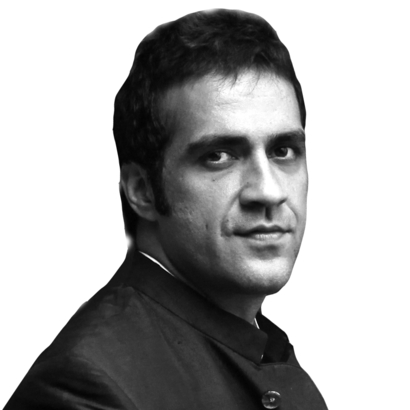An entire literature devoted to these last twilit weeks of the Trump presidency is on its way. But when it comes, we should be so lucky if anything captures the mood of impending collapse as well as Ryszard Kapuscinski’s The Emperor: Downfall of an Autocrat, an account written more than 40 years ago of the mental atmosphere that prevailed during the last days of the reign of Haile Selassie, His Most Puissant Majesty and Distinguished Highness the Emperor of Ethiopia.
To the world, Selassie was the man who had stood up to Mussolini, who had won back his country and his throne, and who wanted to take Ethiopia into the modern era. But, in the postwar period, another image was emerging, Kapuscinski writes, of “the monarch as a ruler committed to defending his power at any cost, a man who was above all a great demagogue and a theatrical paternalist who used words and gestures to mask the corruption and servility of a ruling elite that he has created and coddled.”


